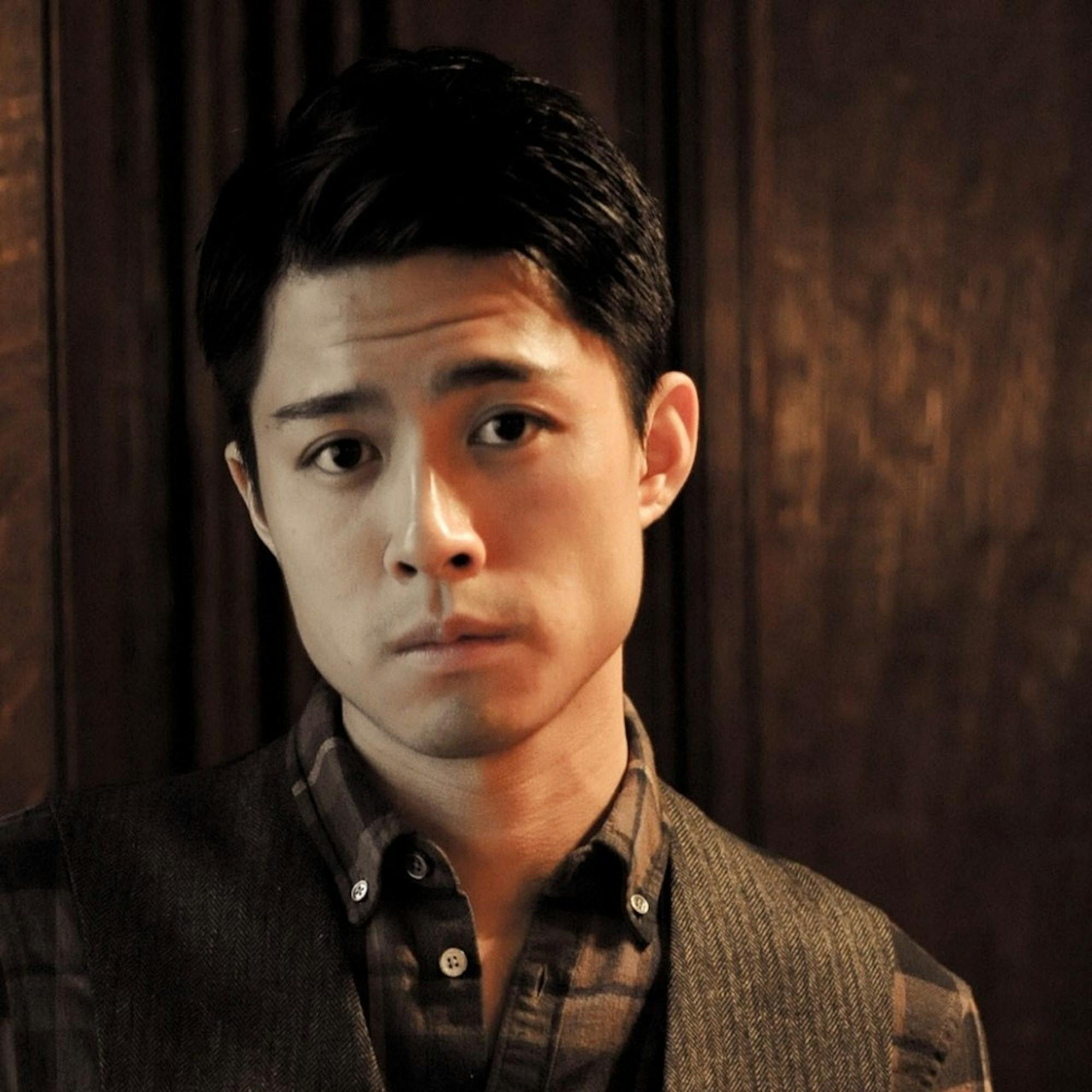Informed in part by the interest of students in his course Music 45.04, “Changing the World with Music,” professor of music William Cheng has been sharing his lecture “Loud Music Trial: His Music Was Not A Weapon” at colleges around the country. On Monday, Cheng brought the talk to Dartmouth, sharing the story of the fatal shooting of unarmed black teen Jordan Davis. Seventeen-year-old Davis was shot in Florida by Michael Dunn, a 47-year-old white man who claimed that Davis’ “loud rap music” constituted a threat to his life. Cheng’s talk is primarily interested in the subsequent trial and political organizing that occurred in the wake of Jordan’s death, and its proceeds are donated to the Jordan Davis Foundation.
Cheng’s work explores music as a landscape across which cultural difference, social exchange and political discourse can take shape. In “His Music Was Not A Weapon,” he used a highly interactive slideshow to examine how sound and music have been racialized in American society.
“Dunn’s lawyer implied Davis’s loud rap music was dangerous — in effect putting blackness itself on trial,” Cheng said. “Sometimes when we judge people based on the music that they like or listen to, really terrible things can happen.”
Rachel Edens, an assistant dean at the Office of Pluralism and Leadership who advises black students, set the tone for the evening with her opening remarks. Sharing personal thoughts on “the songs that live within us” and the lives caught in the crosshairs of hostile environments, Edens introduced a gravity that grounded the lecture in the emotional weight it deserved. Her voice joined with the many others that were incorporated into the lecture.
Centering the auditory elements of what has become known as “Loud Music Trial,” Cheng’s presentation immersed the audience in the sensory details of the case. The lecture often played like a conversation with multiple voices. One of those was Regina Bradley, a scholar who critically engages with concepts of black sonic resistance and respectability. Cheng incorporated Dr. Bradley’s own reading of work into the lecture. The interest in showcasing multiple voices was best employed by the presence of Ron Davis, the father of the slain teen.
Following the presentation, Cheng’s lecture became a question and answer session that included Davis and Edens. Davis’s presence brought an intimacy to the discussion that captivated the audience at times to the point of speechlessness.
He spoke about his own grieving process and emergence into activism following the loss of his son. In those moments, the physical proximity the audience shared with Davis challenged the individual distance often maintained in discourse on racial violence. Davis was a direct link to the life that was lost, a reminder of the impact violence has on the lives of loved ones.
Professor of African and African American Studies Trica Keaton was stirred by Davis’s words.
“For a parent, the loss of a child is unimaginable,” Keaton wrote in an email. “The senseless murder of a child — for playing loud music — should defy all logic. Should is the operative word.”
Commending Davis and Cheng’s collaboration, Keaton wrote, “Ron Davis’s poignant message of forgiveness necessarily disrupts the comfort of hatred, and William Cheng’s exquisite analysis demonstrates what scholar-activism could and should resemble. Jordan Davis is now our collective child who represents not one but many, and he should be here, playing his music and playing it loudly.”
Embracing a collectivist vision of his own, Davis placed his son’s death in conversation with the police shootings of unarmed Black people in the U.S., as well as the multinational Black Lives Matter movement. In doing so, Davis articulated why he believes his family was granted justice in ways others families have not. After sharing a clip of “3 ½ Minutes, 10 Bullets,” a critically-acclaimed documentary about his son, Davis reflected upon this distinction in systemic response. He asserted that the just results of his son’s trial reveal the way that injustices committed by civilians are judged differently than those perpetrated by law enforcement. He suspects that this is partly why his family received public support from the local police and why his son’s murderer was ultimately convicted. These differences have propelled Davis to organize with Black Lives Matter and support those who have not been protected by the criminal justice system, as he considers his son’s story of injustice to be inextricably linked to national discourse on police brutality and racial profiling.
Davis, who was thrust into the limelight following the tragedy of Jordan’s death, shared about his experiences as an activist. During the talk, Davis proclaimed to the audience that “you’re all activists now,” suggesting that activism is for everyone. Nai-lah Dixon ’21, a student who attended the event, was inspired by Davis’s words. Struck by the historical implications of Jordan’s story, Dixon noted that “we still live in the past,” and was emboldened by the event to change this.
“This is a movement we all have to take part in to lead for radical change,” Dixon said.
A few days after the event, I sat down to speak with Cheng about the lecture and his decision to invite Ron Davis to Dartmouth. Having shared two days and a few meals with Davis, Cheng recalled Jordan’s presence throughout their interactions and conversation.
“Jordan was always there, if not explicitly, then at least in spirit,” he emphasized. Allowing Jordan’s story to shape their literal presentation, Davis and Cheng coordinated to wear black hoodies, an item of clothing that alludes to unarmed shooting victims like Trayvon Martin, who was killed as a result of others’ perceptions of his criminality. Following his lecture, Cheng sat next to Davis and was notably reserved during the question and answer session, answering questions that were directed at him but ultimately leaving space for Davis to express his unfiltered opinions. Acting as a witness in this portion of the event, Cheng was noticeably silent but still engaged in the conversation.
“I wanted it to be his moment,” Cheng remarked.




